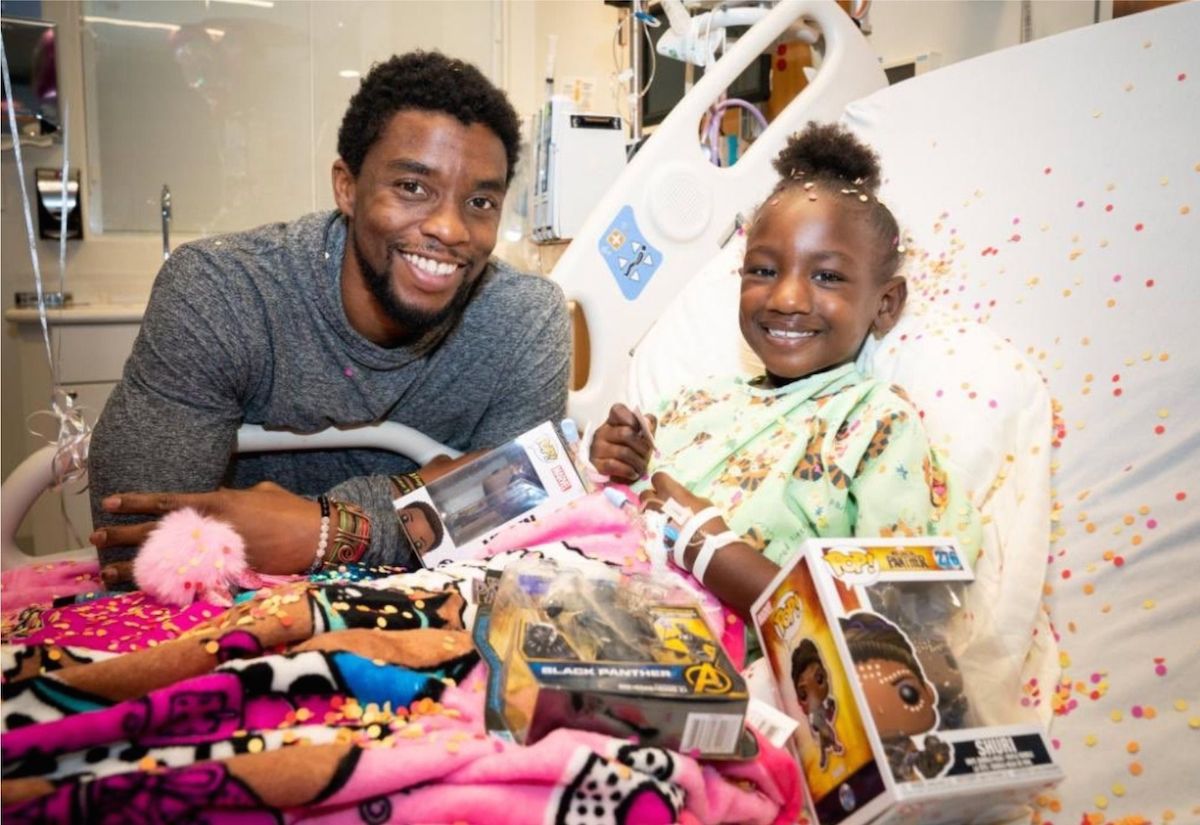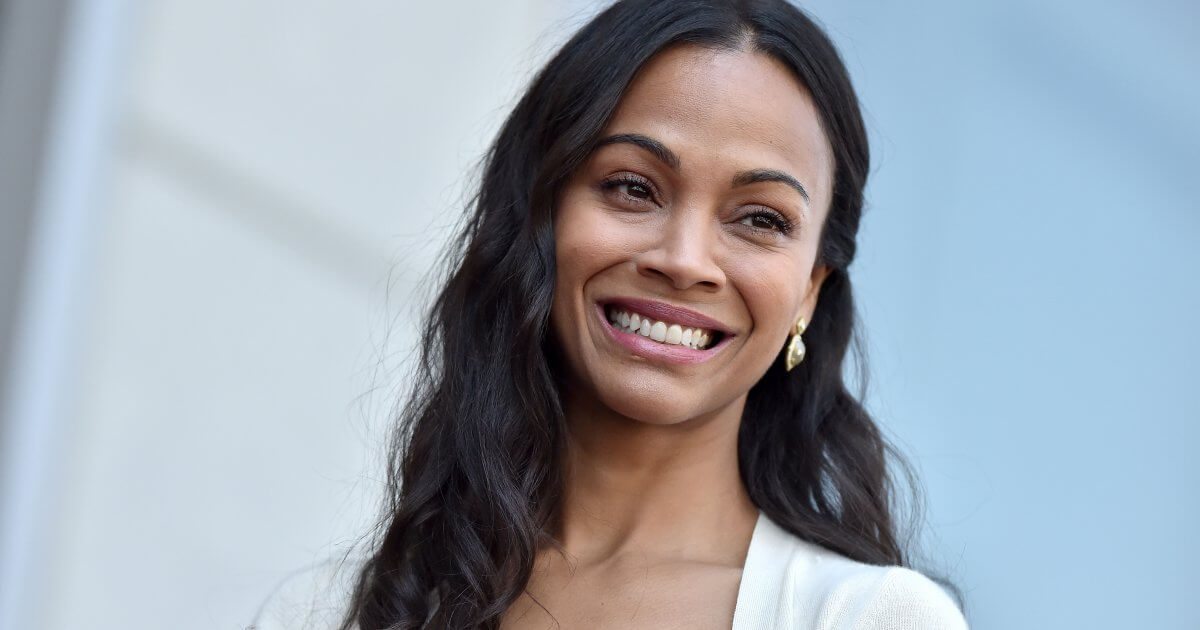Zoe & Chadwick
- Actress Zoe Saldana co-starred with the late Chadwick Boseman in the film The Avengers.
- Boseman was diagnosed with stage 3 colon cancer in 2016, and passed from the disease in 2020; Saldana is urging people to get screened for this disease.
- Colonoscopies are used to detect colon cancer; during the procedure, the doctor is looking for small, precancerous growths called polyps.

Boseman’s Cancer Battle
Chadwick Boseman privately battled colon cancer for four years and passed away of the disease in August 2020 at age 43. Boseman was diagnosed with stage 3 colon cancer in 2016, and his cancer eventually progressed to stage four.
Dr. Heather Yeo, a colorectal surgeon and surgical oncologist at Weill Cornell Medicine and NewYork-Presbyterian, says in an earlier interview, “Colon cancer is considered a silent and deadly killer. What happens is people often don’t know that they have colon cancer. They don’t have any symptoms. That’s why we screen for colon cancer in the United States.”
Dr. Yeo says, “You should be screened for colon cancer, even if you have no family history. Once you have your initial screening colonoscopy, if there are no polyps and you have no high risk factors, usually once every 10 years is fine. Colon cancer is a slowly progressing cancer. If you have any family history of colon cancer, you should be screened about 10 years before your family member had colon cancer. So if you have a family member that was 53, you should be screened at 43.”
Getting Screened for Colon Cancer
Colonoscopies are used as the primary screening method for colon cancer. During the screening procedure, the doctor is looking for polyps, which are small growths inside the colon which have a high likelihood (95%) of being pre-cancer.
Related: How Does a Colon Polyp Turn into Cancer?
Cedars-Sinai colorectal surgeon, Dr. Zuri Murrell, explains in an earlier interview what happens when a doctor detects a polyp during a colonoscopy. He says, “People often ask me, what do you do when you have a colonoscopy? What’s done? Do you do biopsies? So a colonoscopy can be done for many things. But when we’re looking at a colonoscopy for colorectal cancer screening, what we do is we’re looking for polyps, which are these small growths.”
Related: Getting Cleaned Out for a Colonoscopy
“When we see a polyp, we actually physically take the polyp out through the colonoscope. What does that mean? That means we basically put a wire through with a little bit of a little flange at the end and we pull the polyp out. Now, note there is no pain with that…What happens is then when we take the polyp out, we send that to a lab.”
Related: Not So Fast At-Home Screening Test "Cologuard" Is Not A Good Alternative To A Colonoscopy
“In about five to 10 business days, we get the results back,” he says. “So when it’s in the lab, a pathologist basically cuts up the little polyp and looks under a microscope. And underneath the microscope, they can decide whether or not it is early cancer or whether it is just a precancerous polyp. 95% of polyps are precancerous polyps. And what does that mean? That means that it’s not a cancer yet. But it would have been a cancer ultimately if you just let it grow and grow and grow.”
Looking for Polyps During Colonoscopy
Learn more about SurvivorNet's rigorous medical review process.

